My kind of loyalty was loyalty to one's country, not to its institutions or its office holders
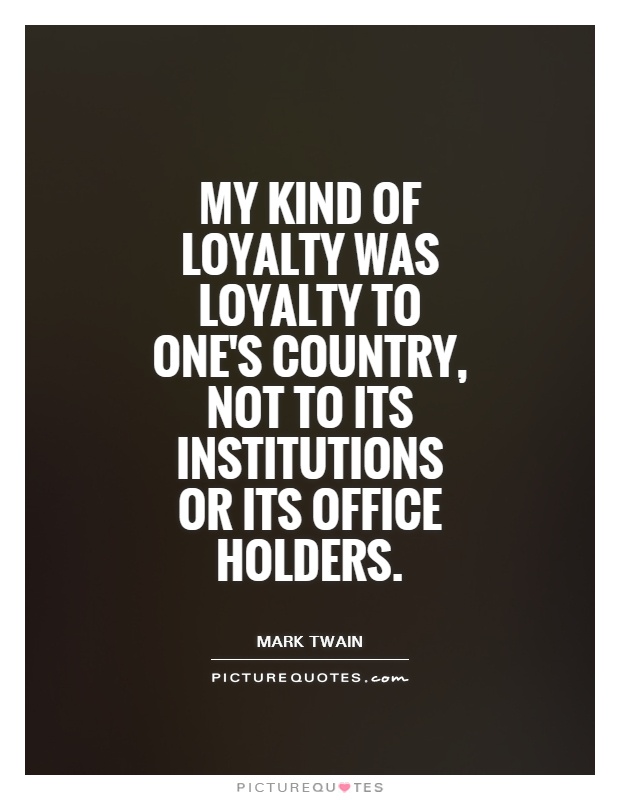
My kind of loyalty was loyalty to one's country, not to its institutions or its office holders
Mark Twain, the renowned American author and humorist, was known for his sharp wit and keen observations on society. One of his famous quotes, “My kind of loyalty was loyalty to one's country, not to its institutions or its office holders,” reflects his belief in the importance of patriotism over blind allegiance to government entities.Twain’s statement highlights the distinction between loyalty to one’s country and loyalty to its institutions or leaders. He believed that true loyalty should be directed towards the ideals and values that a country stands for, rather than towards the individuals or organizations that may be in power at any given time. Twain understood that governments and politicians are fallible and subject to corruption, but the principles of a nation should remain constant and worthy of loyalty.
Throughout his career, Twain was a vocal critic of government policies and officials that he believed were unjust or hypocritical. He used his platform as a writer to expose corruption and advocate for social justice, often at great personal risk. Twain’s loyalty to his country was evident in his commitment to speaking out against injustice and standing up for the rights of the marginalized.
Twain’s perspective on loyalty also reflects his belief in the power of individual conscience and moral integrity. He believed that true loyalty should be based on a commitment to upholding the principles of justice, equality, and freedom, rather than blindly following the dictates of authority figures. Twain’s own experiences as a writer and social critic shaped his views on loyalty, as he witnessed firsthand the dangers of unchecked power and the importance of holding those in positions of authority accountable.
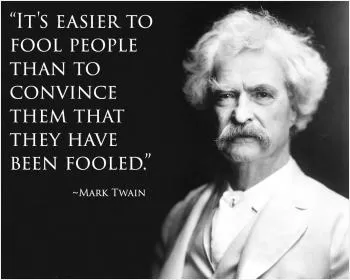
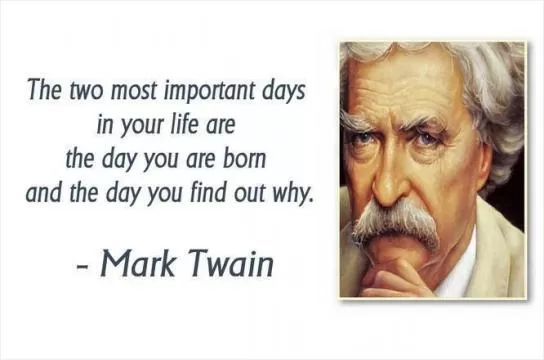
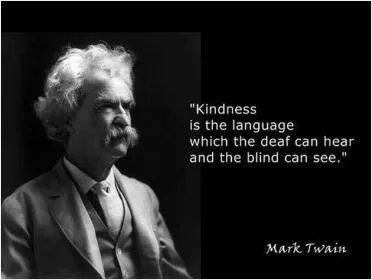
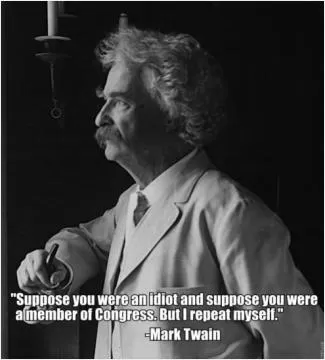
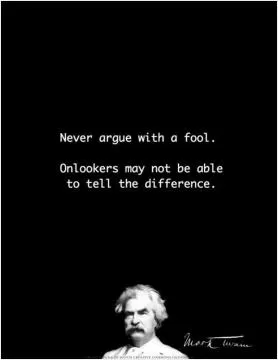
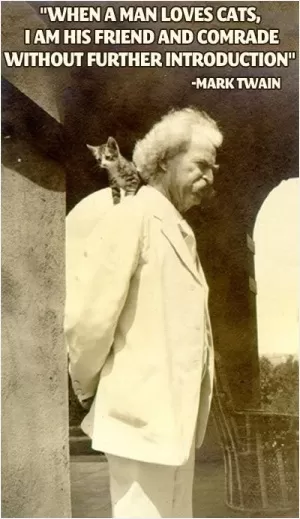

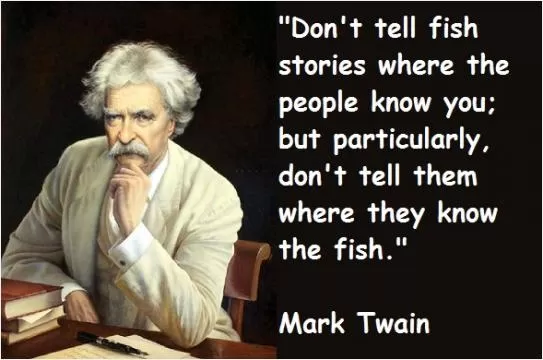
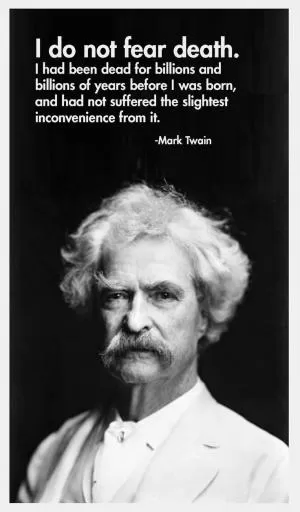

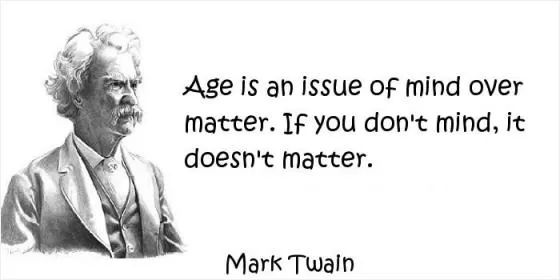

 Friendship Quotes
Friendship Quotes Love Quotes
Love Quotes Life Quotes
Life Quotes Funny Quotes
Funny Quotes Motivational Quotes
Motivational Quotes Inspirational Quotes
Inspirational Quotes